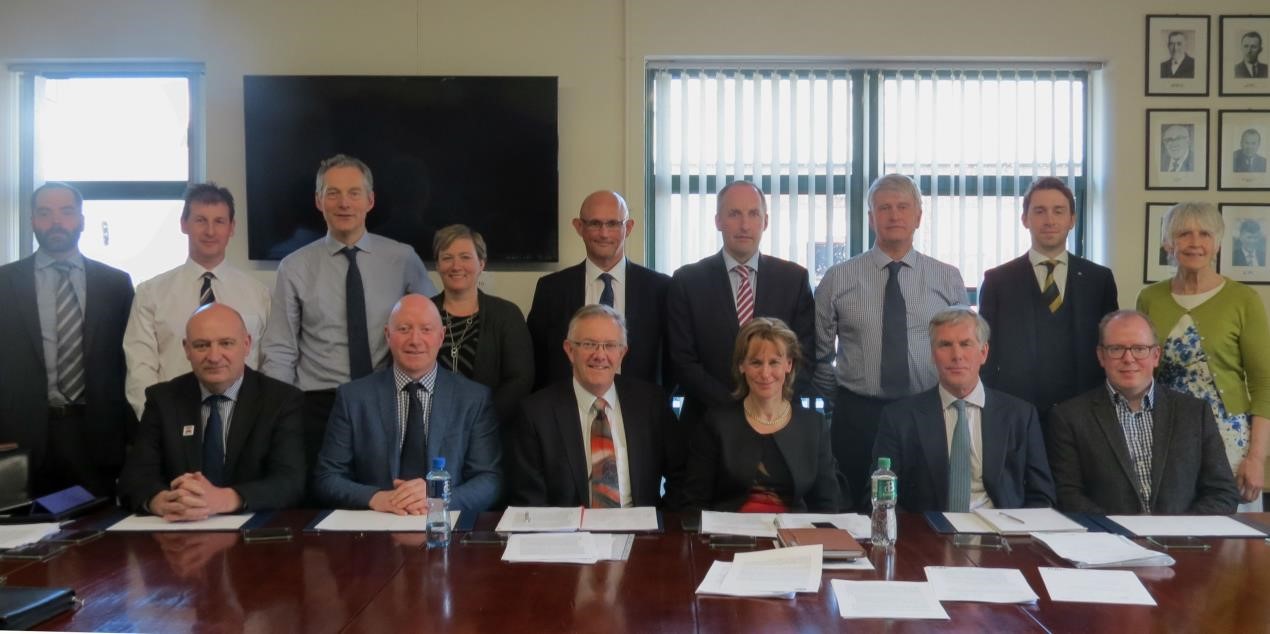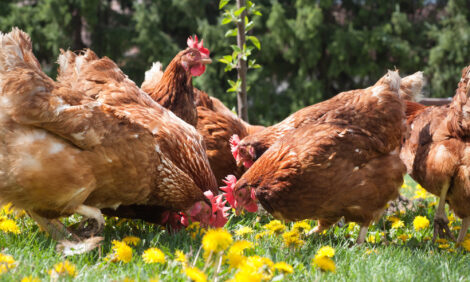



Developing a UK policy Framework for farming post-Brexit
The UK Farming Roundtable has agreed a list of principles that it believes should guide policy development and implementation once the UK leaves the EU
The statement calls on the four UK Governments to “establish and maintain regular, formal and cooperative arrangements to manage policy, legislation and delivery of regulation across the UK” and that a priority should be to “take every step to retain and protect a single market access for food, agricultural commodities, live animals and plant products throughout the UK.”
The agreement came at a recent meeting of the UK Farming Roundtable chaired by NFU President Minette Batters.
A UK policy framework for farming should include the following:
- Respect and maintain the current devolution settlement of policy and regulation to the constituent parts of the United Kingdom should be respected and maintained.
- The UK’s various Governments, Parliaments and regulators should take every step to retain and protect a single market access for food, agricultural commodities, live animals and plant and plant products throughout the UK.
- In developing distinct agricultural policies to replace the Common Agricultural Policy, Farming Ministers across the UK should ensure that potential differences in application of agricultural policy should not adversely impact on trade within the UK.
- Farming Ministers across the UK and agricultural departments must establish and maintain regular, formal and cooperative arrangements to manage policy, legislation and delivery of regulation across the UK economic area. A guiding principle should be that no single country determines or curtail UK policy in the rest of the UK.
- No part of the UK should be able to act, or avoid action, that threatens to curtail access for other parts of the UK to third country markets, or that question the UK’s adherence to its international agreements.
- We welcome the government’s commitment to provide the same cash total in funds for farm support as is currently paid out under the CAP. In the longer term, with the development of a new domestic agricultural policy, at least the same level of public investment in agriculture should be retained.










